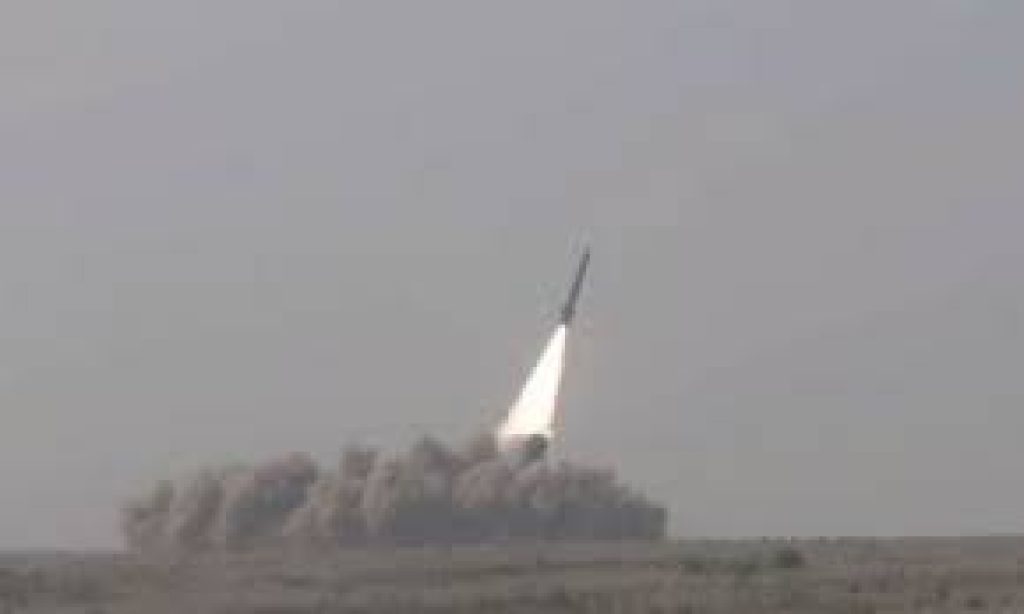Islamabad, Pakistan: Pakistan’s military successfully conducted a flight test of the indigenously developed guided multi-launch rocket system Fatah-II , showcasing a significant advancement in its missile capabilities. The system boasts a 400-kilometer range and advanced features, marking a major milestone for the country’s defense program.
Key Highlights of the Fatah-II System:
- Extended Range: With a 400-kilometer range, Fatah-II significantly expands Pakistan’s strike capabilities compared to the previous Fatah-1 system (250 kilometers). This enhances strategic deterrence and provides greater operational flexibility.
- Precision Targeting: The system features “state-of-the-art avionics, sophisticated navigation system, and unique flight trajectory,” according to the Inter-Services Public Relations (ISPR), ensuring high accuracy in hitting designated targets.
- Indigenous Development: The successful test underlines Pakistan’s growing self-reliance in defense technology. Fatah-II represents the culmination of years of research and development by Pakistani scientists and engineers.
Context and Implications
- This comes on the heels of Pakistan’s recent test-launches of other weapons systems, including the Ghauri and Ababeel missiles, demonstrating a renewed focus on modernizing its arsenal.
- The advancement raises concerns about regional arms race and potential instability, while Pakistan maintains that its focus remains on strengthening its defensive capabilities.
- International reactions are yet to emerge, but the development is likely to be closely monitored by neighboring countries and global powers.
Further Details and Developments
- ISPR provided limited details about the specific technical specifications and operational deployment plans for Fatah-II.
- Future tests and official statements are expected to offer more insights into the system’s capabilities and intended role in Pakistan’s defense strategy.
